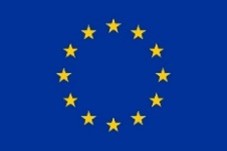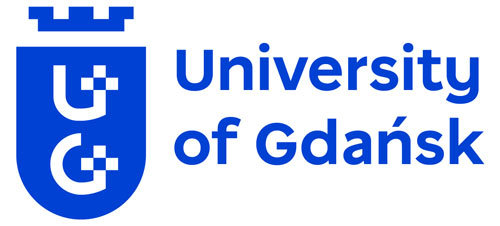Can we use artificial intelligence (AI) to tailor your treatment? A new project being implemented at the University of Gdańsk as part of the Horizon 2020 program is attempting to do just that. The project is entitled: “Knowledge At the Tip of Your fingers: Clinical Knowledge for Humanity” (KATY). It uses an AI-supported personalized medicine system to help clinicians making difficult decisions in the battle against renal cancer. The project is financed by the EU in the amount of nearly EUR 8.5 million, of which the budget for the University of Gdańsk is almost EUR 650 thousand.
 KATY is an AI-powered personalized medicine system built around two main components: A distributed knowledge graph that connects sources of medical knowledge, and a pool of ‘predictors’ that allow the AI to model patient outcomes. It then relates that information to the physician to help them see new options for patient treatment.
KATY is an AI-powered personalized medicine system built around two main components: A distributed knowledge graph that connects sources of medical knowledge, and a pool of ‘predictors’ that allow the AI to model patient outcomes. It then relates that information to the physician to help them see new options for patient treatment.
“Each patient takes their own path to recovery. These paths can be extraordinarily unique. But at each fork in the road, patients have one common experience. A doctor uses their own understanding of the disease and the best clinical practice to present options to patients that help to shape their recovery” – says Doctor Javier Alfaro from International Centre for Cancer Vaccine Science, University of Gdansk – “We are now deep in a new wave of rapidly developing artificial intelligence technologies that learn complex patterns to influence decisions across a variety of sectors. The interdisciplinary consortium of the Horizon 2020 project “Knowledge at the Tip of your Finger: Clinical Knowledge for Humanity” (KATY) coordinated by University of Rome of Tor Vergata (Italy), comprising in total 20 international partners, will adapt these approaches to influence healthcare decisions”.
As a proof of concept, the KATY consortium will develop the concept of AI-personalized medicine in the context of renal cancer, a complex and heterogeneous disease.
“Cancer is particularly heterogeneous and artificial intelligence is perfectly poised to provide tailored, targeted treatments for patients. Targeted therapies in cancer treatment are already a reality in the form of immunotherapies and small-molecule drugs. But, the current practice in cancer treatment misses the opportunity to use artificial intelligence to support important clinical decisions. AI-empowered Personalized Medicine will bring targeted therapies to the next level, linking patient stories to swaths of publicly available clinical and research data” – explains Dr. Alfaro.
However, as researchers from the University of Gdańsk emphasize, no matter how precise Artificial Intelligence is, no matter how many lives it can save, and no matter the expanse of medical knowledge it contains – if clinicians do not know or trust artificial intelligence suggestions, AI-empowered personalized medicine will not have a chance to exist. Hence, the real challenge is building a system that can be accepted by physicians, patients and clinical researchers.
Researchers from the International Centre for Cancer Vaccine Science (ICCVS) led by Dr. Javier Alfaro, will be involved in the KATY project. This collaboration is in line with the ICCVS Research Agenda and contributes to the international dimension of science at ICCVS.
Project partners: University of Rome Tor Vergata IT (koordynator projektu), Alternative Energies and Atomic Energy Commission FR, FCiências.ID – Association for Research and Development in Sciences PT, University of Edinburgh UK, DS Tech IT, Uniwersytet Gdanski PL, St Andrews UK, University of Vienna AT, Eurecat ES, Eurice DE, OpenEvidence ES, Fondazione irccs Istituto Nazionale dei Tumori IT, Lab4Life Sp. z o.o. PL, Universidad de Zaragoza ES, Personal Genomics IT, CHU Grenoble FR, University of Lund SW, Health Policy Institute EL, Ethniko Kai Kapodistriako Panepistimo Athinon EL, National Technical University Of Ukraine

European Union’s Horizon 2020 research and innovation programme


